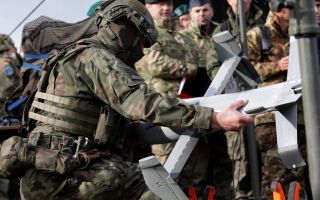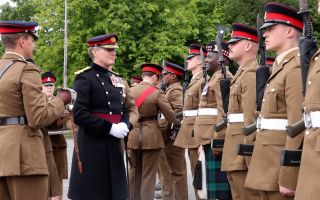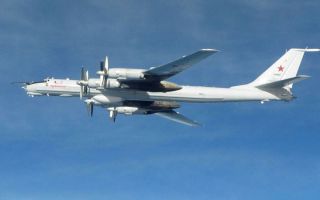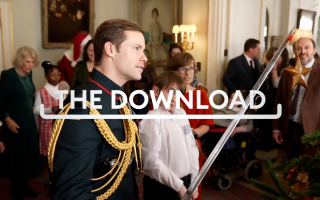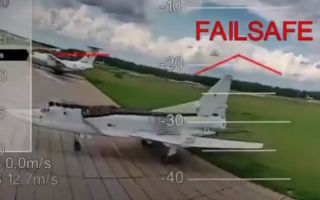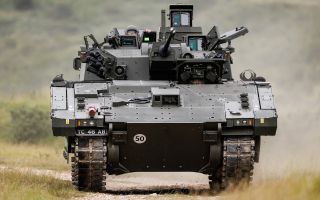Should Swearing Be Allowed In The Military?
As the Russian Defence Ministry introduces plans to stop swearing among its ranks, one phrase by Oleg Shvedkov, head of the Russian Military Servicemen's Union, stands out.
Mr. Shvedkov told reporters it would be much easier to get rid of drinking, smoking and drug addiction in the military than to ban swearing.
But do swearwords play such a prominent part in the Armed Forces?
In a statement penned by the Russian Defence Ministry, senior officers promised a swift end to profanity in the armed forces.
The written statement came as a response to the "All-Russia Parents Assembly" who were furious that "military servicemen from generals and admirals to privates and sailors use foul language, dishonouring their uniforms and the image of the Russian warrior".
The ministry promised to release a special booklet on the inadmissibility of swearing in the near future.
Is there a place for profanity in the military?
In a study published in War in History, documents revealed that soldiers swore habitually and renamed objects and events to reduce the terror of war.
"Soldiers were known to curse to relieve themselves from the discipline and stress of warfare"
Dr Tim Cook

